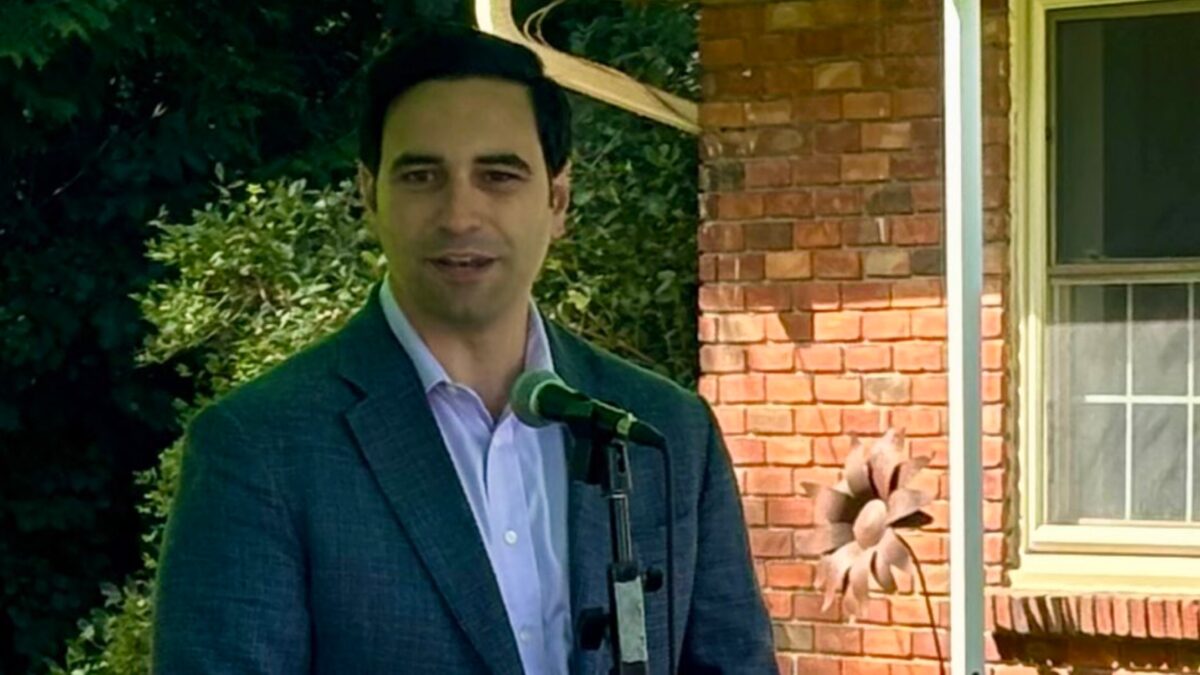In an effort to pave the way toward a more sustainable future, the Canadian government has announced a significant investment aimed at enhancing energy efficiency in residential buildings across London, Ontario. With a growing emphasis on reducing greenhouse gas (GHG) emissions, the initiative targets the affordability and resilience of housing, ensuring that all Canadians, regardless of income, can benefit from a greener, more sustainable lifestyle.
On August 12, 2024, Peter Fragiskatos, Parliamentary Secretary to the Minister of Housing, Infrastructure and Communities, alongside Arielle Kayabaga, Member of Parliament for London West, unveiled a $425,935 funding package through the Smart Renewables and Electrification Pathways Program (SREPs). This funding is directed towards the London Environmental Network’s Nonprofit Resiliency Project, which focuses on helping low-income nonprofit organizations bring their multi-unit residential buildings to net-zero emissions.
“Energy efficiency means cost savings for Canadians. At a time when we are facing challenges with affordability and climate change, initiatives like the Nonprofit Resiliency Project meet Canadians where they are at and delivers the action they need, at the pace and scale they are demanding. Programs like SREPs help deliver on the commitments announced recently in Canada’s first-ever Green Buildings Strategy, which is a plan to save Canadians money, create jobs and seize the economic opportunities that a clean and sustainable economy presents,” explained the Honourable Jonathan Wilkinson
Minister of Energy and Natural Resources.
The Nonprofit Resiliency Project is designed to provide crucial support to building managers, equipping them with the necessary skills to monitor emissions, create actionable sustainability plans, and implement various green initiatives. These efforts are bolstered by free environmental audits that offer tailored advice on making homes more sustainable through electrification and renewable energy solutions. Additionally, the project covers some of the costs associated with home improvements, such as the rooftop solar installations that have already been completed on one of the buildings under this initiative.
“The London Environmental Network does vital work in our community by helping to promote the practice of sustainability. This funding will allow the organization to continue that work in housing. It’s an example of partnership that will benefit London,” said Peter Fragiskatos, Parliamentary Secretary to the Minister of Housing, Infrastructure and Communities and Member of Parliament for London North Centre.
Residents will also benefit from personalized coaching aimed at reducing energy consumption and improving sustainability practices within their households. The project emphasizes educational efforts, including workshops, webinars, and public information sessions, all aimed at promoting energy-efficient habits among both building managers and tenants.
“I am pleased to see our government build on its commitment to transform Canada’s buildings sector for a net-zero and more resilient future. Just as importantly, I am happy to support positive environmental change within communities in London, where residents, managers and owners are working together and provided with tools to make concrete changes for a better future,” said Arielle Kayabaga, Member of Parliament for London West.
This investment underscores Canada’s ongoing commitment to fighting climate change through the development of greener buildings. By focusing on the affordability and efficiency of housing, the initiative aims to create healthier living environments, enhance community air quality, and significantly reduce monthly energy costs. As Canada advances its efforts to renew the building sector, this project ensures that no one is left behind in the transition to a net-zero future.

